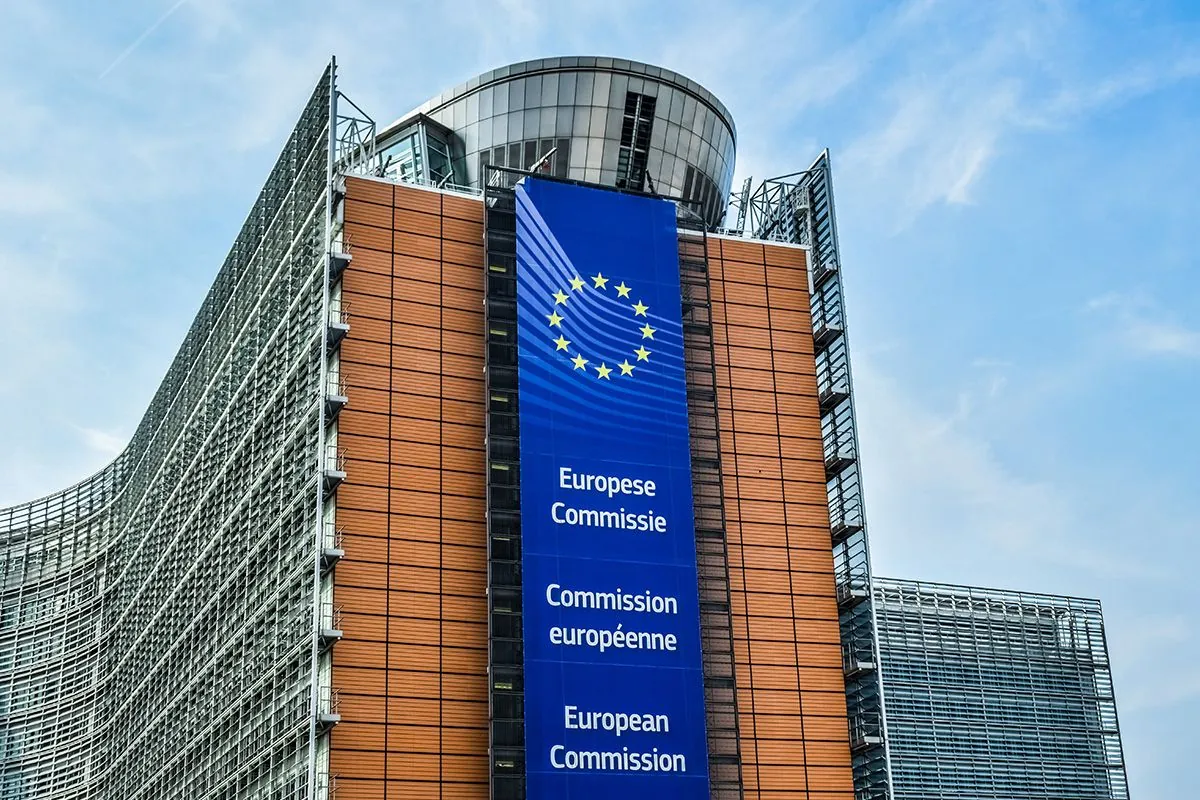EU Commission Sues Hungary Over Controversial Foreign Funding Law
The European Commission has initiated legal action against Hungary regarding a law on foreign-funded political activities. The move follows unresolved concerns about the legislation's impact on EU democratic values.

The European Commission has taken a significant step by initiating legal proceedings against Hungary over a contentious law that imposes prison sentences on organizations receiving foreign funding for political activities. This action marks a crucial development in the ongoing tensions between the EU's executive body and the Hungarian government.

The law in question, aimed at "protecting national sovereignty," has been a source of concern for the European Commission since its inception. The Commission, which serves as the executive branch of the European Union, views this legislation as a potential violation of the EU's core democratic values and fundamental rights. These principles are foundational to the EU, which Hungary joined in 2004 as part of the bloc's eastern expansion.
In February 2024, the Commission initiated an infringement procedure against Hungary, signaling its formal disapproval of the law. This procedure is a legal mechanism employed by the EU to ensure member states comply with Union law. It typically involves three stages: formal notice, reasoned opinion, and referral to the European Court of Justice.
"After carefully assessing the reply of the Hungarian authorities, the Commission maintains that most of the grievances identified have still not been addressed."
The Commission's decision to escalate the matter to a lawsuit comes after a thorough evaluation of Hungary's response to the initial concerns raised. This development suggests that the Hungarian government, led by Prime Minister Viktor Orbán since 2010, has not satisfactorily addressed the issues highlighted by the EU.
This legal action is set against a backdrop of growing concerns about democratic backsliding in Hungary. The country, with a population of approximately 9.7 million, has faced criticism for various policies that appear to challenge EU norms. The European Union, founded on principles such as respect for human dignity, freedom, democracy, and the rule of law, has been increasingly vigilant in safeguarding these values across its 27 member states.
The case highlights the complex relationship between national sovereignty and EU membership. While Hungary maintains its right to protect national interests, the EU argues that certain measures must align with the bloc's fundamental principles. This tension is not unique to Hungary but reflects broader debates within the EU about the balance between national and supranational authority.
As the legal process unfolds, it will likely draw attention to the EU's mechanisms for enforcing its values and the challenges of maintaining unity among diverse member states. The outcome of this case could have significant implications for Hungary's relationship with the EU and potentially influence similar debates in other member countries.
The European Commission, led by President Ursula von der Leyen, consists of 27 Commissioners representing each EU member state. Its role in initiating this legal action underscores the importance the EU places on upholding its core values across all member states, regardless of their size or political leanings.
As this situation develops, it will be closely watched by other EU members, international observers, and advocates of democratic principles. The case may set important precedents for how the EU addresses perceived threats to its fundamental values within its borders.


































